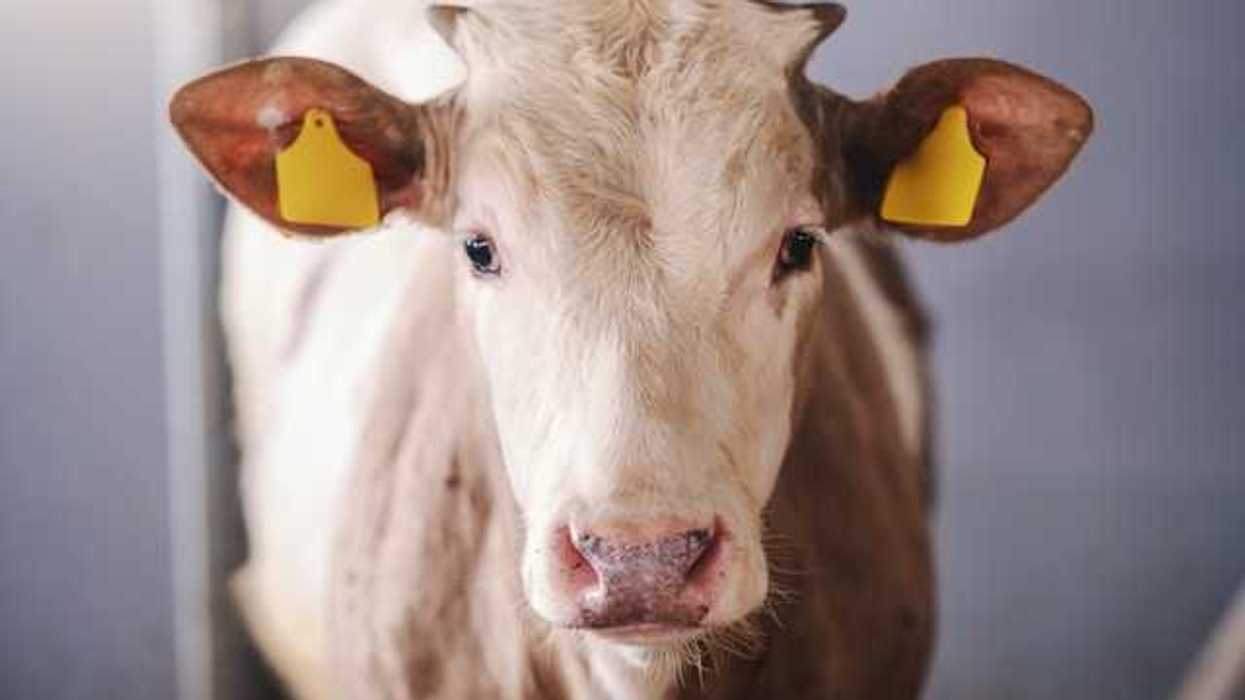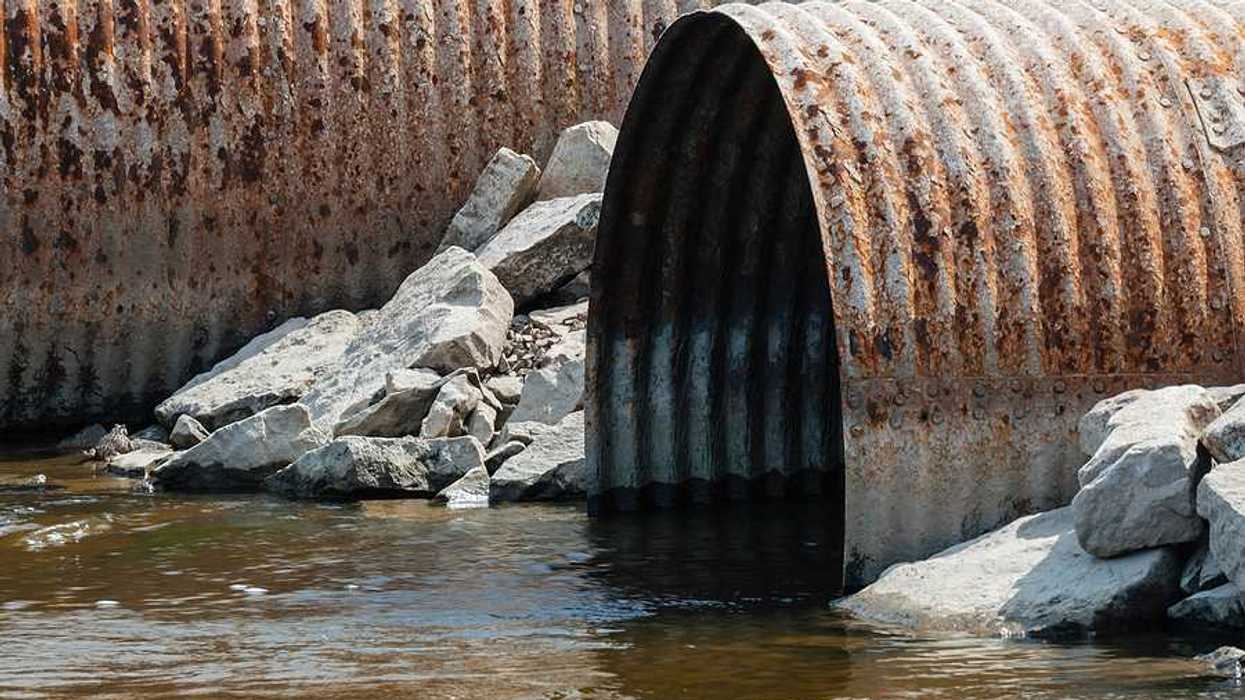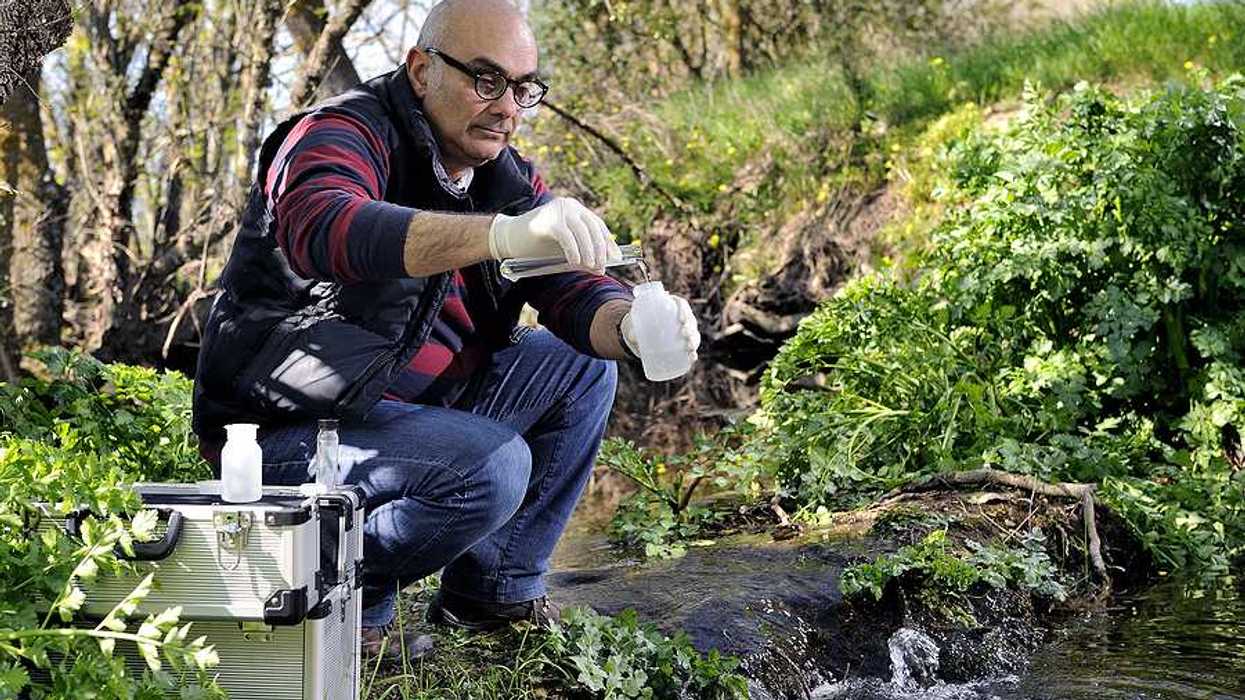People in the Netherlands have been advised to stop eating eggs from their own chickens after a government agency found high levels of PFAS — or "forever chemicals" — in samples from dozens of sites.
Leonie Cater reports for POLITICO.
In short:
- The Dutch National Institute for Public Health and the Environment tested backyard eggs at 60 locations and found elevated levels of PFAS, which have been linked to cancer and other health problems.
- Officials believe the chemicals may be entering the food chain via earthworms, a common food source for chickens.
- Commercial eggs sold in stores and markets remain safe to eat, according to the agency, which is continuing its investigation.
Key quote:
People in the Netherlands "already ingest a lot of PFAS through other foods and partly through drinking water."
— The Netherlands' National Institute for Public Health and the Environment
Why this matters:
Scientists have linked PFAS exposure to a range of health risks, including cancer, liver damage, hormone disruption, and reduced immune response. In agricultural and rural settings, PFAS can seep into groundwater or accumulate in soil, where they’re absorbed by plants and eaten by animals — and eventually, by people. Backyard chicken flocks, which are often seen as a safer or more natural alternative to industrial farming, can inadvertently become conduits for chemical exposure when they forage on contaminated land. The discovery in the Netherlands highlights how even homegrown food can pose hidden risks when chemical pollution is widespread and poorly regulated.
Learn more:














